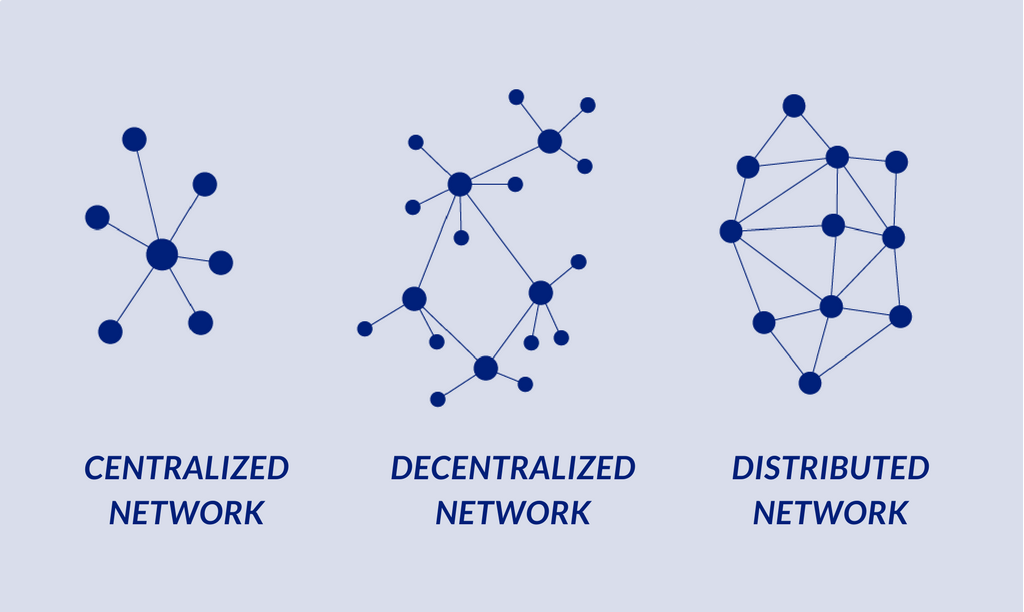Blockchain technology is a leading breakthrough to tackle climate change. The UNFCCC Secretariat has helped create the Climate Chain Coalition to encourage use of distributed ledger technology (DLT). The DLT blockchain technology, can continually update climate action information from a range of sources. Because it is open and transparent, the breakthrough work can be shared and transmitted in real time.
Information important to tackling climate change – such as greenhouse emissions – can be updated from a multitude of sources and shared in an open and transparent way. This way information would be readily available, up-to-date, and accurate. DLT, best known as the foundation technology behind bitcoin, makes this possible..
DLT and related digital solutions such as the Internet of Things and big data could be instrumental in climate action and strategies for sustainability. Monitoring, reporting, and verification climate action inputs can be immediate and actionable. Blockchain solutions can improve the transparency, traceability, and cost-effectiveness action groups. The immutability of the current data, can help build trust among stakeholders. It can also ensure the proper distribution of incentives in poorest populations, and green finance mobilization can be supported as well.
Thus far, 32 members have signed on to the Coalition, which was first conceptualized and established during the One Planet Summit on 12 December 2017 in Paris, France. Overall, the Coalition aims to advance collaboration among members working on issues of common interest and enhance the environmental integrity and the results of DLT applications for climate.
Climate Chain Coalition
Members Charter
As a member of the Climate Chain Coalition, our organization agrees to cooperatively support the application of distributed ledger technology (‘DLT’, including ‘the blockchain’) and related digital solutions to addressing climate change by adhering to the following shared principles and values:
1. Alignment with the long-term goals of the Paris Agreement
We recognize the massive challenge and urgency of global transition to a low-carbon and climate-resilient economy and; align with the goals of the Paris Agreement. We will cooperate to support immediate actions by and for blockchain and related digital solutions that contribute to the achievement of this transition;
2. Advancement of DLT for Better Climate Change Solutions
We will cooperate to support the rapid advancement of DLT solutions to address climate change across mitigation and adaptation through enhanced climate actions, including but not limited to the measurement, reporting and verification (MRV) of the impact of all sorts of intervention, and the mobilization of climate finance from diversified sources;
3. Collaboration within the Scope of the Coalition
On the basis of these shared principles and values, we will collaborate on concerted activities and in the dissemination of outputs in relation to DLT solutions and support stakeholder capacity building with regard to the deployment of shared tools and systems to advance climate change governance, especially in developing countries;
4. Technology Neutrality
We recognize that DLT evolves constantly and therefore, maintain a neutral position regarding the applicability of DLT;
5. Commitment to Standardization
We will collaborate to establish basic standards in the development of related tools in support of the efficacy of DLT applications for climate change governance;
6. Dissemination of DLT Benefits
We will collaborate on DLT-related solutions to be developed in the interest of cost-effectiveness, integrity, transparency, and empowering stakeholders in socio-economic systems;
7. Fraud Mitigation
We will collaborate on a proactive strategy to identify and seek to mitigate fraudulent activities associated with the application of DLT in climate change and sustainability governance in general, as appropriate;
8. Responsibility for addressing challenges attributable to DLT applications
As organizations concerned about environmental integrity generally and climate change specifically, we recognize some negative effects and current challenges of many DLT applications (in particular those using the blockchain with proof of work consensus) regarding their levels of energy consumption and GHG emissions. We are transparent and forthcoming while we actively seek appropriate solutions to address these challenges;
9. Sustainable Development Goals
We recognize that climate change is one of the Sustainable Development Goals (SDGs) and will encourage the development of DLT-based innovations for climate change which can simultaneously contribute to the achievement of SDGs.


